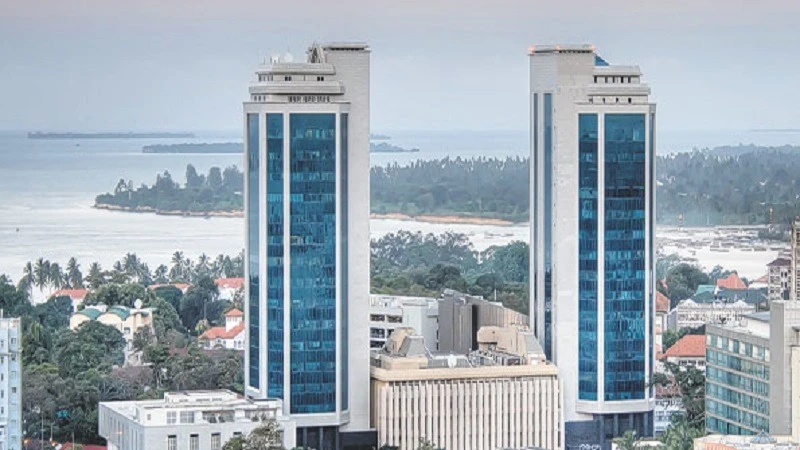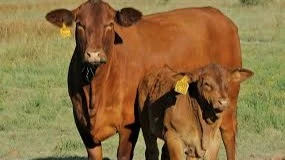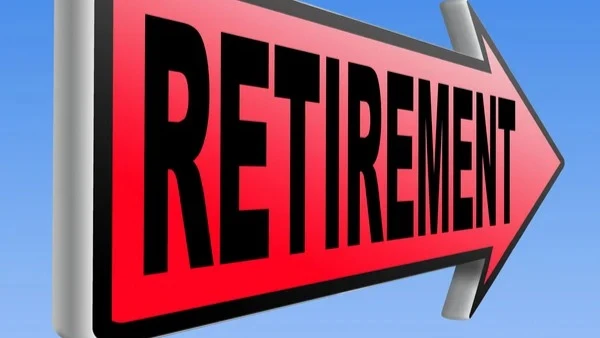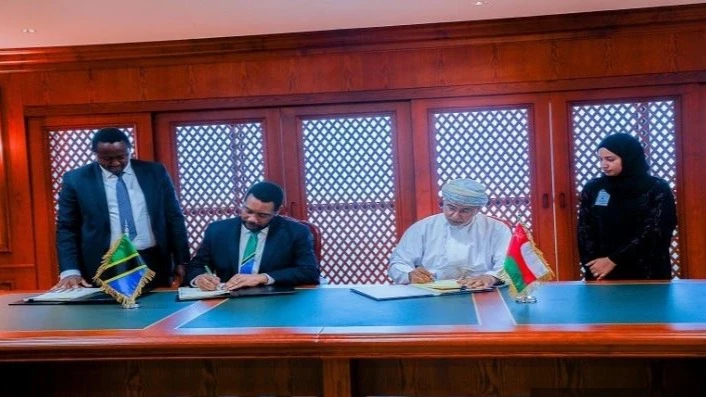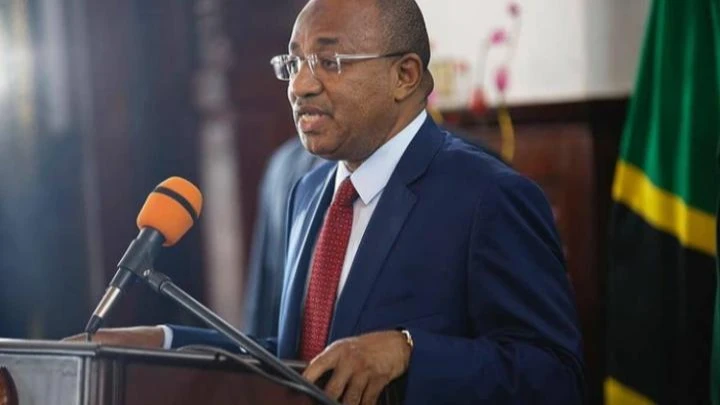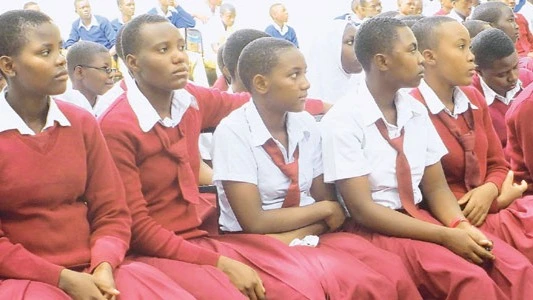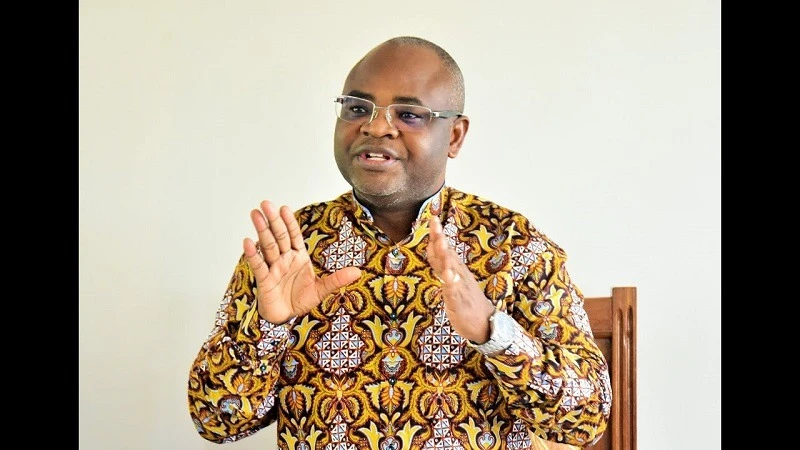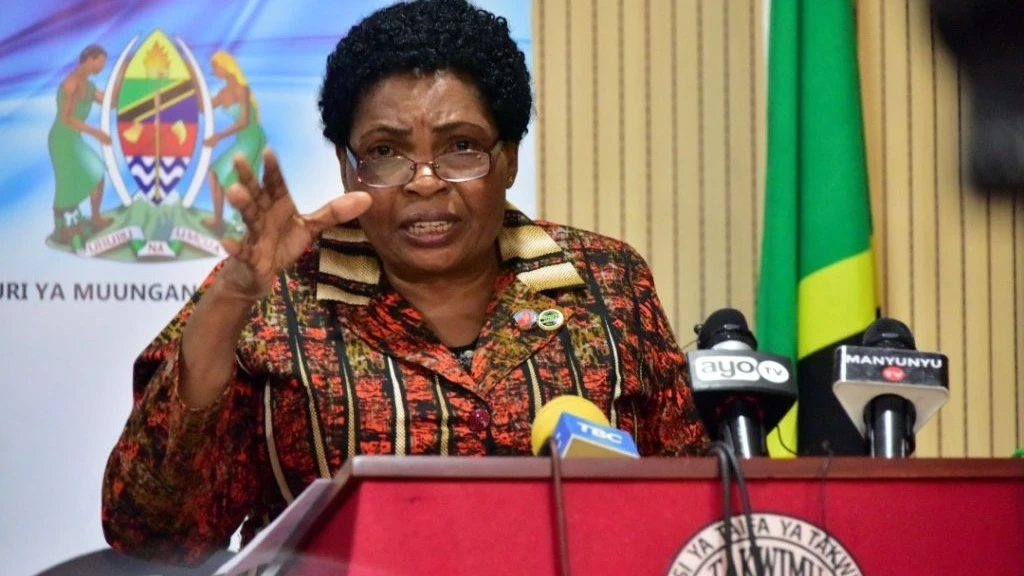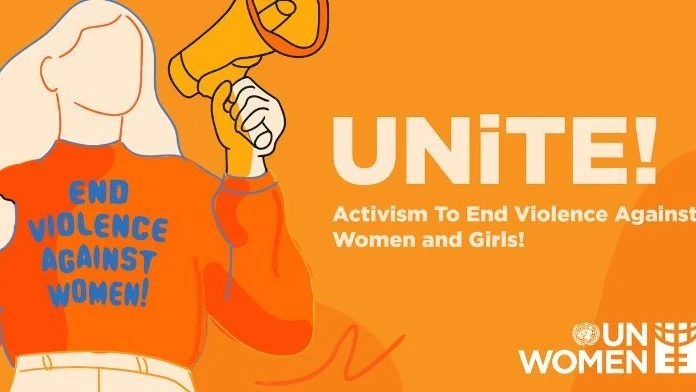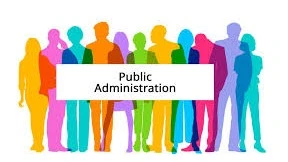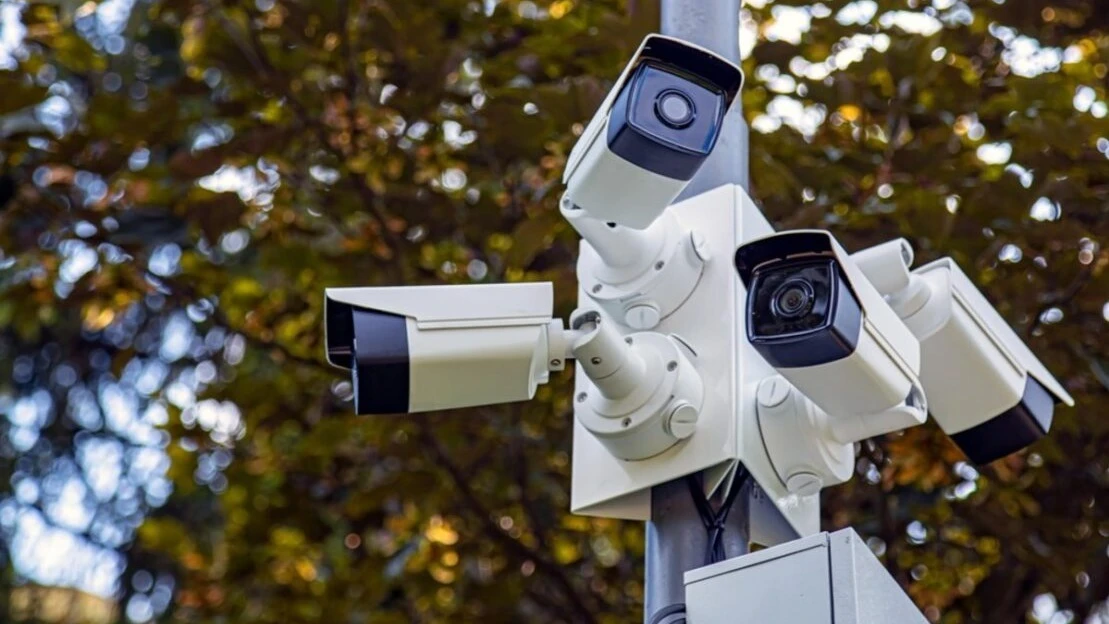Ending Haiti chaos needs novel, uncharted methods
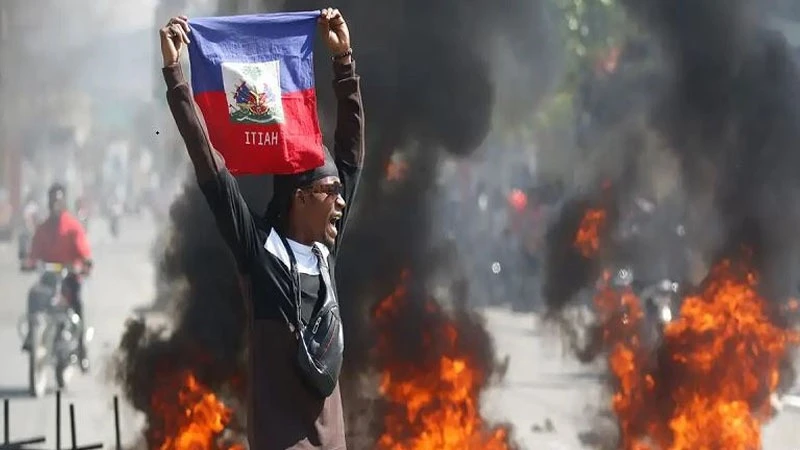
OBSERVERS see a catastrophe stalking Haiti, which is right on the doorstep of the ‘triple hemisphere’ of the Caribbean states, North America and South America and where all semblance of public order has collapsed.
They see Haiti being on the way to becoming the world’s first totally criminal state to have ever existed – and that this will likely lead to vast slavery of the population as gangs divide up the country while the world looks on generally nonchalantly.
The only irony in all this may be that, while this is secular slavery, the world will not be able to prevent – with some other states at the mercy of kidnappers, etc.
The writing seems to be on the wall with respect to the collapse of liberty which the former ‘slave country’ that rebelled against slave masters and declared its freedom is about to witness.
The signal is the lack of clarity on the beleaguered country’s political future as there is no central organisation, apart from the narcotic bands and all sorts of acolytes.
Even worse, all semblance of commerce has ground to a halt as mobs loot shops without let or hindrance. Calls from the US or Kenya, to cite but those two, have a hollow ring.
US Secretary of State Anthony Blinken recently demanded that Haiti’s interim prime minister Ariel Henry organise a transitional government before new elections.
Looking simply at the itinerary of the acting leader in the past three years shows that he is evidently not in a position to do anything of the sort, and it is clear that no Haitian politician can take centre-stage and survive. The gun rules the streets and the talk is directed at ambiguous United Nations help.
Henry is described as a Haitian neurosurgeon and politician who has served as acting prime minister and acting president since July 2021, after the assassination of President Jovenel Moïse.
This means that there have been no functioning political institutions since that assassination and that the Haitian president was himself hanging by a thread of legitimacy or semblance of power.
The real holders of power, the state within the state that runs the country’s streets and extracts loyalty from all and sundry saw the president disobeying, they simply killed him.
President Moïse was on the verge of rebuilding a new military force in 2017 after the army was disbanded in 1995, as earlier it was the bulwark of oppression – organised from State House.
Now the goons of another generation are tormenting the people just as before, organised by the gangs earlier the president’s very allies. That is how Haiti has perennially worked to destroy itself.
President Moïse was a sort of Patrice Lumumba in a chaotic country where elites want freedom to torment, not where they can be taken to court to answer for confirmed offences.
Since there is no reform formula grasped by the United Nations at the moment but only the holding of new polls, the gangs could even allow that to happen.
However, the country will rot until the population picks up the resolve they need to unite and move to free the country against the gangs. Any polls organised by the gangs will just perpetuate the status quo, essentially meaning the rule of the gun.
Top Headlines
© 2024 IPPMEDIA.COM. ALL RIGHTS RESERVED






